Clinical Research Protocols for Traditional Health Sciences
Foreword: Ayurveda and Siddha have been in vogue in this country from the earliest times, serving the medical needs of most of our people. These systems were developed by ancient scholars on the basis of their own philosophy, oriental methodologies and practices prevalent in that era and have popularized and almost completed it in all aspects as a system of medicine. The advent of foreign invasion and cross interaction had definite impact on these systems.
The worldwide interest in the use of natural products and plant-based remedies had led to different situations developing in different countries. In countries with a strong foundation of traditional medicine such as India and China, nationally recognized parallel traditional systems have run for long periods, along with Western medicine with varying degrees of acceptance, integration and assimilation. During. the last decade, use of traditional medicine has expanded globally and has gained popularity. It has not only continued to be used for primary health care of the poor in developing countries, but has also been used in countries where conventional medicine is predominant in the national health care systems. With the tremendous expansions in the use of Ayurveda and Siddha world wide, the safety and efficacy as well as quality control of herbal medicines and traditional procedure-based therapies have become important concerns for both health authorities and the public. Various practices of traditional medicine have been developed in different cultures in different regions without a parallel development of international standards and appropriate methods for evaluating Ayurveda and Siddha systems of Medicine. Like other systems of ancient India learning Ayurveda was discovered through most suitable sources (Pramanas) viz. (1) Pratyaksha (direct perception), (2) Anumana (logical inference), (3) Aptopadesa (verbal and authentic documentary testimony) and (4) Yukti (experimental evidence) etc. In modem medicine, a clinical trial is almost always undertaken to test the efficacy of pharmaceutical products (drugs, devices etc.) and sometimes to study the efficacy of 'non- therapeutic interventions'. The global acceptance of modem system of medicine as a whole is because it has been reviewed systematically by modem scientific parameters. Similar scientific evidences through clinical trials are the need of time, to make the traditional medical systems scientifically acceptable by all. While designing the research trials it would be appropriate to understand differences between Ayurveda Siddha and Contemporary Modem System of Medicine. The differences are mainly due to the basic approach to Health and Diseases; perception and also epistemological. The Ayurveda is holistic in approach, in diagnosis, prognosis as well as management' of diseases. Holistic approach of Ayurveda is indeed good and welcome in clinical practice (for the 'patient' and the 'society'). However, this approach has considerable difficulties and even challenges the scientists to devise parameters and design suitable models for clinical studies/trials. The pursuit of a better understanding of the facts and phenomena in Ayurveda and- Siddha, through scientific research will be able to fill this gap. Only using the modem scientific tools without considering the holistic concepts of traditional medical system, may sometimes lead to inappropriate conclusions. This is high time to create the scientific evidences on Ayurvedic principles and practices taking into the consideration of basic principles and philosophies embodies in the literature and correlating them with the modem scientific concepts, which will rightly convey and translate the merits of Ayurveda and other traditional systems of medicine. The Central Council for Research in Ayurveda and Siddha has been engaged in scientific research in Ayurveda and Siddha since more than past three decades and executing research adopting the integrative protocols. I appreciate the involvement of scholars from various reputed organizations like Indian Council of Medical Research, All India Institute of Medical Sciences, Lady Harding Medical College, NIMHANS, Bangalore and other institutes while drafting and finalizing the protocols. The views and endorsement of experts from both Ayurveda and Allopathic systems enriched the protocols providing a good scope of integrative research for creating scientific evidence. As research methodology is a continuously evolving subject, one should always consult the current updates and modify the protocols and formats as per the needs from time to time. This document would greatly serve as basic reference material for scientists and scholars who are involved in" clinical research in Ayurveda, Siddha and other traditional systems of medicine.
Get it now and save 10%
BECOME A MEMBER

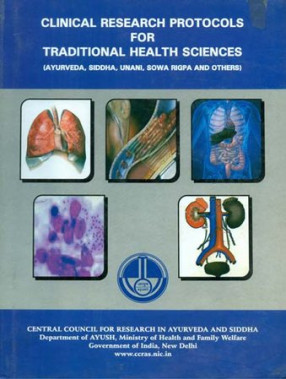
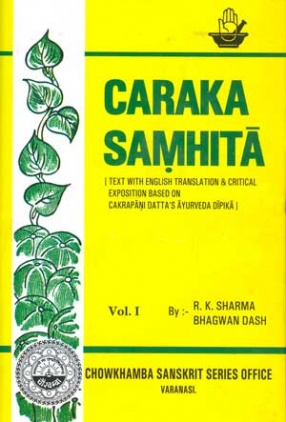
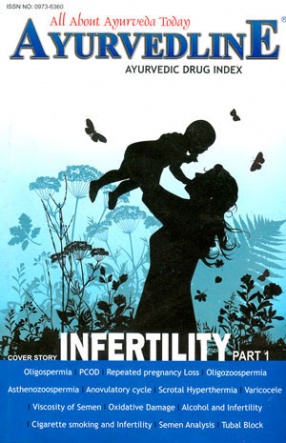
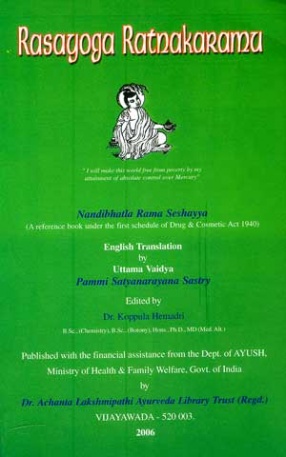
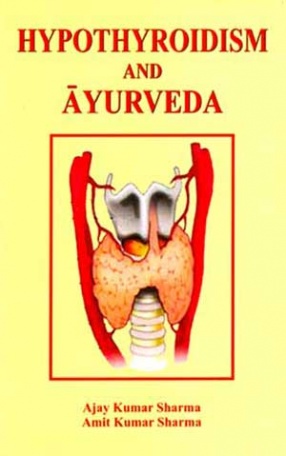

Bibliographic information